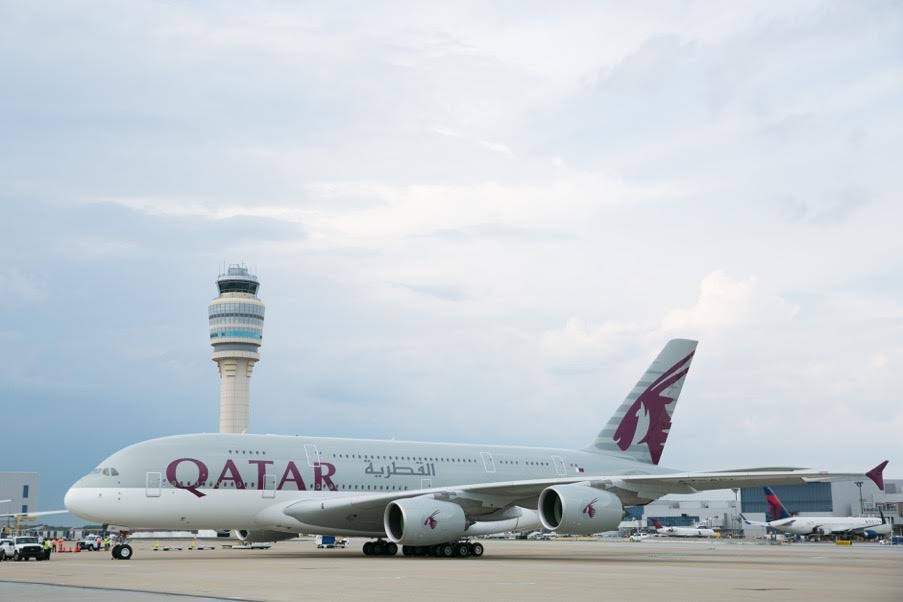
We now have more details on a “landmark” aviation agreement between the European Union and the State of Qatar that the EU’s Commissioner for Transport, Violeta Bulc says will not only level the playing field but also “raise the bar globally for air transport agreements.” News of the Comprehensive Air Transport Agreement first emerged last month although details were initially quite sketchy.
The government-owned and funded Qatar Airways, along with other major airlines in the Middle East, including Emirates and Etihad Airways, have long been accused of distorting the international commercial aviation market. Critics claim these airlines have received hundreds of millions of dollars in government handouts which in turn has created an unfair and uneven playing field for established commercial competitors.
In order to protect national interests, some governements have restricted the access that the likes of Qatar Airways have into their countries. At present, Qatar Airways has limits placed on how many flights it can operate to several European countries including Belgium, Germany, France, Italy and the Netherlands.
Those restrictions have in part been placed on Qatar Airways at the bequest of European airlines like Lufthansa and the Air France KLM Group who have lobbied their home countries governments hard. The new agreement, however, will gradually open up these countries to Qatar Airways over a period of five years, allowing the Doha-based airline to operate as many flights as landing slots it can acquire.
But Violeta Bulc says this is a win-win for both sides. “We delivered!” she claims, continuing: “The agreement sets out ambitious standards for fair competition, transparency or social issues. It will provide a level playing field and raise the bar globally for air transport agreements”
“This is a major upgrade compared to the existing framework, and our joint contribution to making aviation more sustainable!”
There are new provisions to ensure fair competition which come with enforcement provisions should there be any abuses that affect the operations of a European airline. There are also new rules on transparency, including an agreement that accounting standards are to the same level as thay expected of European airlines (a similar agreement was reached between Qatar and the United States last year).
Interestingly, Qatar has also agreed to provisions on social standards and to improve labour policies – both the State of Qatar and its national airline have long been under the spotlight for apparent labour abuses. In the past, the airline was accused of sacking female cabin crew who became pregnant, while workers had to seek permission before getting married (and those who did were often dismissed without notice).
Many analysts believe the Saudi-led blockade on Qatar that began in June 2017 has been a major driving force for reform in the tiny Gulf State. Negotiations for this particular agreement actually began in 2016, although the political spat with its neighbours has no doubt provided an impetus for Qatar to push ahead and win allies in the international community.
There’s no date for when the agreement will come into effect as there’s still quite a bit of red tape still to get through, although it looks pretty much like a done deal. The EU hopes to strike similar agreements with the UAE and Oman, although these both seem to be a long way off at the moment.
Mateusz Maszczynski honed his skills as an international flight attendant at the most prominent airline in the Middle East and has been flying ever since... most recently for a well known European airline. Matt is passionate about the aviation industry and has become an expert in passenger experience and human-centric stories. Always keeping an ear close to the ground, Matt's industry insights, analysis and news coverage is frequently relied upon by some of the biggest names in journalism.







